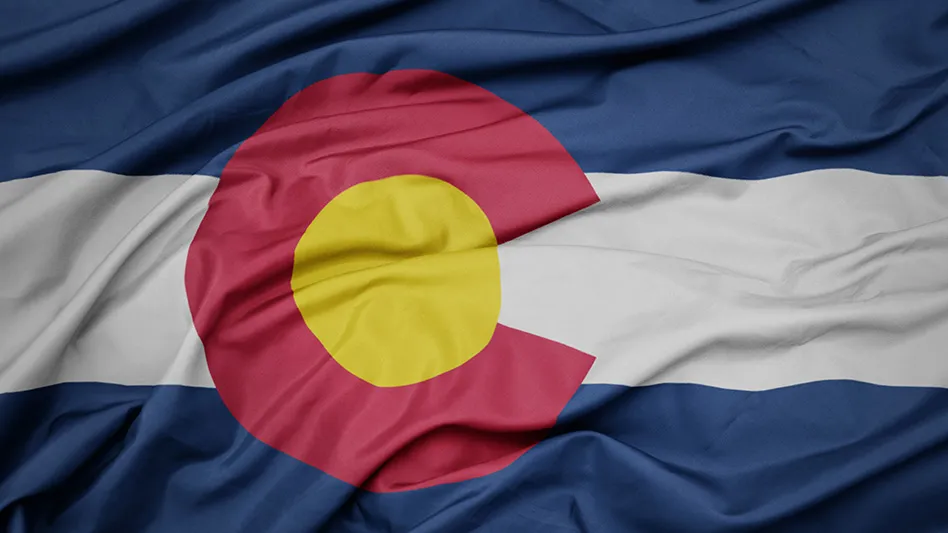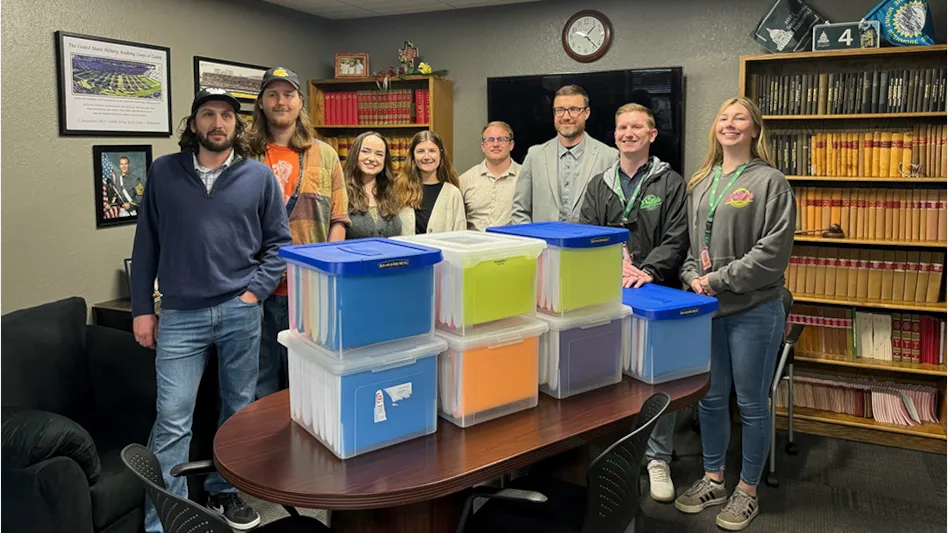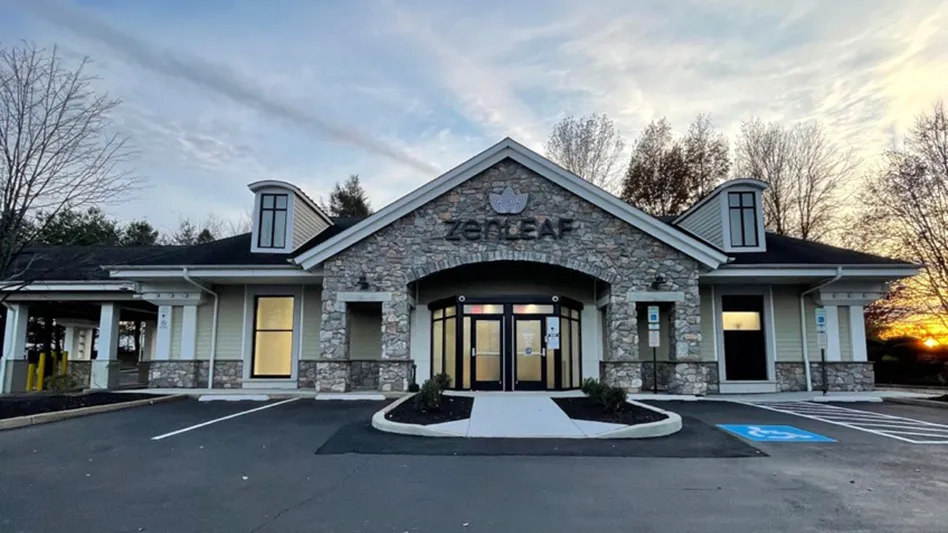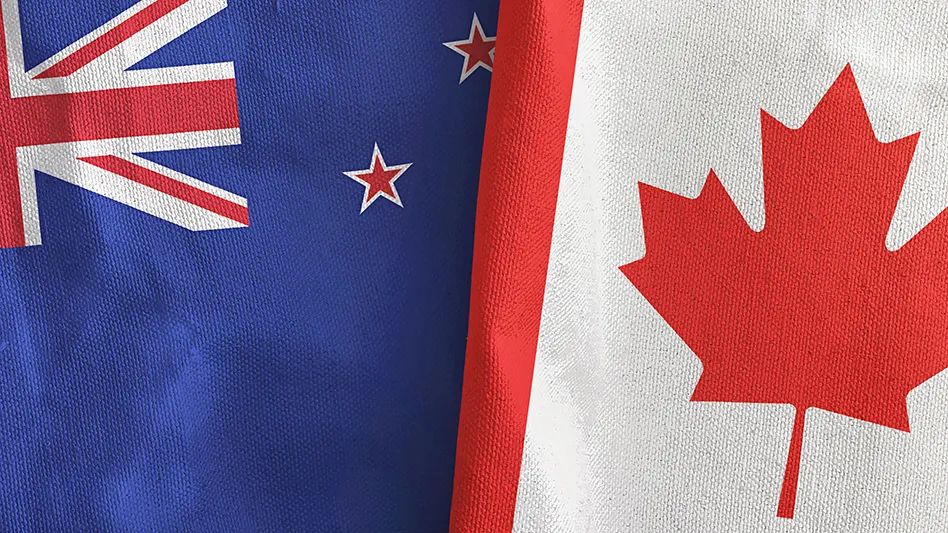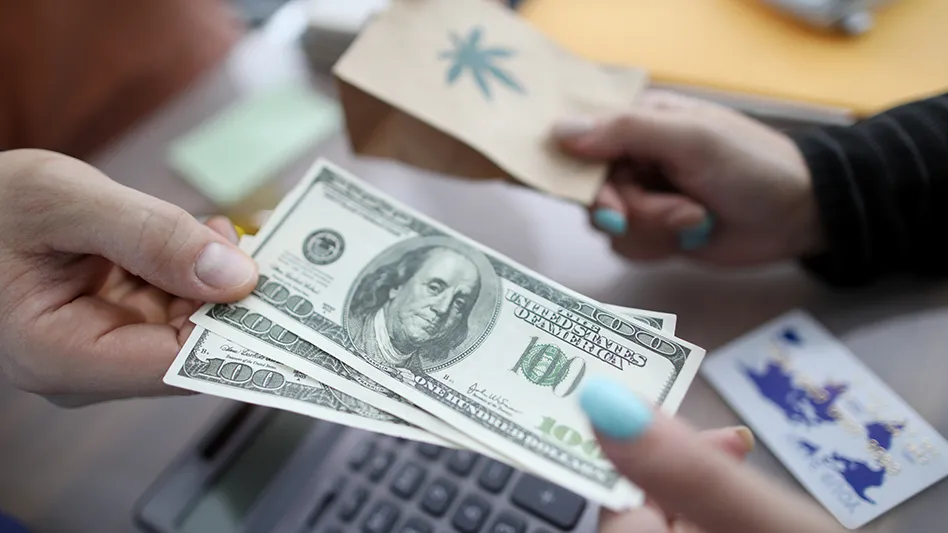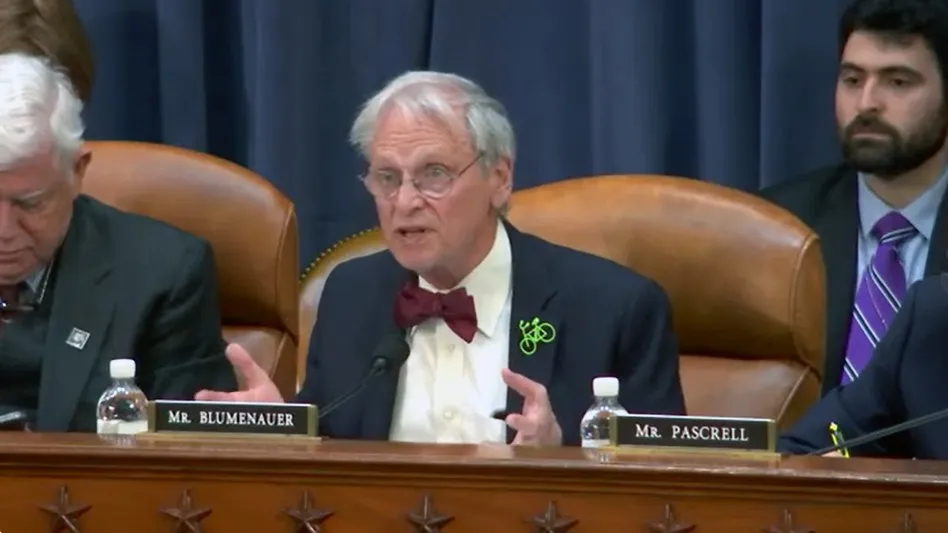
Updated at 12:19 p.m. Aug. 31
A top official at the U.S. Department of Health and Human Services (HHS) recommended in an Aug. 29 letter to the Drug Enforcement Administration (DEA) that cannabis should be reclassified as a Schedule III drug under the Controlled Substances Act (CSA).
This news, first reported by Bloomberg, has wide-ranging implications for the cannabis industry, including a shift in federal policy that would recognize cannabis as having medical value should the DEA take up the HHS on its recommendation.
"Following the data and science, HHS has expeditiously responded to President Biden’s directive to HHS Secretary [Xavier] Becerra and provided its scheduling recommendation for marijuana to the DEA on August 29, 2023," an HHS spokesperson said in a written statement sent to Cannabis Business Times. "This administrative process was completed in less than 11 months, reflecting this department’s collaboration and leadership to ensure that a comprehensive scientific evaluation be completed and shared expeditiously.
Should cannabis be reclassified as Schedule III it would break ties with “high abuse” substances like heroin, LSD, methaqualone and ecstasy, and instead join the likes of ketamine or acetaminophen products containing codeine. But the DEA has final authority over rescheduling drugs.
"We can confirm DEA received a letter from the Department of Health and Human Services providing its findings and recommendation on marijuana scheduling, pursuant to President Biden’s request for a review. As part of this process, HHS conducted a scientific and medical evaluation for consideration by DEA. DEA has the final authority to schedule or reschedule a drug under the Controlled Substances Act. DEA will now initiate its review," a DEA spokesperson said in a written statement sent to CBT. The spokesperson declined to confirm the Schedule III recommendation.
Reclassifying cannabis under the CSA would ease certain tax burdens on state-licensed cannabis operators, including lifting the 280E tax code that prohibits cannabis companies from deducting everyday expenses related to running their businesses.
The HHS recommendation comes after President Joe Biden directed in October 2022 Secretary Becerra and Attorney General Merrick Garland to initiate an administrative process to review how cannabis is scheduled under federal law. Specifically, the HHS was tasked with overseeing a medical and scientific analysis of cannabis. The department coordinated this review with the U.S Food and Drug Administration (FDA), which considered eight factors before making a determination for the control status recommendation.
According to federal statute, these eight factors include:
- Its actual or relative potential for abuse;
- Scientific evidence of its pharmacological effect, if known;
- The state of current scientific knowledge regarding drug and other substances;
- Its history of current pattern of abuse;
- The scope, duration and significance of abuse;
- What, if any, risk there is to the public health;
- Its psychic or physiological dependence liability; and
- Whether the substance is an immediate precursor of a substance already controlled.
Now with the HHS recommendation, the DEA is responsible for coming up with a final decision, but there is no deadline for this process set by the Biden Administration.
"The process already exists and has been undertaken countless times for other substances," said Shane Pennington, partner at Porter Wright Morris & Arthur LLP and well-known cannabis policy advocate and expert. "[There is] no deadline for DEA to act, that's true. Historically, the whole process has taken an average of 9.2 years to complete, with HHS taking an average of 2.4 years to get their recommendation to DEA. We're moving fast, but we still have a ways to go."
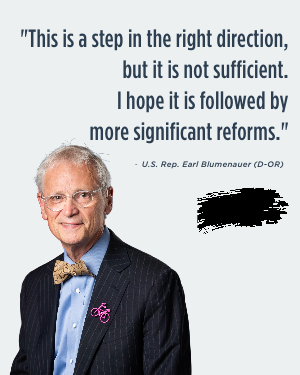
Should the DEA follow through with the HHS recommendation and reclassify cannabis as Schedule III, trafficking it or an adulterated version of it, would remain a criminal penalty, according to Rezwan Khan, president of DNA Genetics and executive chair and president of trade association Global Alliance for Cannabis Commerce.
“Currently, there are FDA-approved drugs containing CBD and synthetic THC, so any product containing those molecules is an adulterated drug and could constitute criminal manufacture, distribution, etc., of a controlled substance,” he wrote in November 2022. “State adult-use markets would also be subject to FDA oversight and traditional pharmaceutical channels of distribution.”
RELATED: Rescheduling Is Recriminalizing, Descheduling Is Decriminalizing
Pennington said most people believe reclassifying cannabis to Schedule III would make cannabis an FDA-controlled drug, but that's one of the biggest myths circulating right now. "Cannabis already is an FDA-controlled drug. FDA has jurisdiction over cannabis today and will continue to regardless of what schedule (if any) it's on," he said. "The reason the industry doesn't worry about FDA right now is because the federal government isn't enforcing the [Federal Food, Drug, and Cosmetic Act] against cannabis companies and hasn't for some time (with the exception of a couple of warning letters to CBD companies who claim their products cure or treat various illnesses)."
The FDCA is "a set of United States (US) laws that authorize the Food and Drug Administration (FDA) to oversee and regulate the production, sale, and distribution of food, drugs, medical devices, and cosmetics," according to the National Institutes of Health.
"Bottom line," said Pennington, "Schedule I isn't protecting cannabis or cannabis companies from any federal enforcement or oversight. It's the most restrictive classification possible under federal law. Moving cannabis to schedule III would not add a single requirement to it federally. Not one."
“A move to Schedule II or III could be really problematic. But that also all depends. It could be nothing,” Krane said in October. “So much depends on what the federal government does in terms of implementation and enforcement. It's fully federally illegal. Everything that every one of these companies is doing is a complete and total violation of federal law, and yet the federal government's just allowing it to continue on at the state level.”
Another common misperception about rescheduling cannabis is that a Schedule III classification under the CSA would break certain federal barriers to scientific research on the plant for universities and independent labs. "This is what 99.9% of people believe, and I totally understand why," said Pennington. "As a general rule, Schedule I imposes research restrictions that are far more severe than schedule III. It follows that transferring most substances from Schedule I to III would open up research on those substances. Unfortunately, cannabis is different. The research restrictions that apply to it do not turn on scheduling. They are specific to marijuana itself," he said. "Ironically (and tragically), the reason for this perverse reality is the marijuana research bill [the Medical Marijuana and Cannabidiol Research Expansion Act] that POTUS signed into law late last year. While putatively designed to enhance and promote cannabis research, it amended the CSA to impose special cannabis-specific research requirements. Because those new requirements do not hinge on cannabis's scheduling classification, they also won't go away if cannabis is rescheduled."
Despite some misconceptions and many unknowns, industry stakeholders expressed enthusiasm about the possibilities of this incremental reform, several calling it "historic."
In a public statement provided to Cannabis Business Times, Verano founder and CEO George Archos said, “It’s about damn time.”
“We at Verano are incredibly excited to hear the news that the Department of Health and Human Services is calling for the rescheduling of cannabis to schedule III,” he said. “For far too long, cannabis prohibition and its outdated status as a schedule I substance have unduly harmed countless individuals affected by the failed war on drugs. As one of the nation’s fastest-growing industries employing half a million people and contributing hundreds of millions of dollars to local communities, states and economies every year, Verano is energized by the opportunity to reach its full potential and provide additional economic and social impact across the U.S."
Krane called this a "historic announcement," as it marks "the first time that a government agency, the Department of Health and Human services no less, has recognized that cannabis has medicinal value and a lower potential for abuse," Krane told CBT in an email. "This was the result of a nearly yearlong investigation and marks one of, if not the, most comprehensive reviews ever conducted by the federal government on the issue.
"In the short term, this has no major impact on the cannabis industry because the DEA now still has to conduct its own review and decide whether to follow the HHS recommendation. But given that this was called for by the president himself, it seems highly probable that cannabis will be moved to Schedule III sometime in the next year, likely before the 2024 presidential election."
US Cannabis Council Executive Director Edward Conklin said he “enthusiastically welcomes” the news, too.
“We believe that rescheduling to Schedule III will mark the most significant federal cannabis reform in modern history,” he said. “President Biden is effectively declaring an end to Nixon's failed war on cannabis and placing the nation on a trajectory to end prohibition. Cannabis should have never been scheduled alongside heroin and placed at the center of our nation's destructive drug war. Thankfully that era is coming to a close and is being replaced by a modern and scientific approach to regulating this plant.”
Conklin added that state-licensed cannabis businesses of all shapes and sizes will benefit from this HHS recommended reform.
U.S. Rep. Earl Blumenauer (D-OR), founder and co-chair of the Congressional Cannabis Caucus and a longtime leader in national cannabis reform, Tuesday released the following, less enthusiastic statement, emailed to Cannabis Business Times, in response to the HHS recommendation: “This is a step in the right direction but it is not sufficient. I hope it is followed by more significant reforms. This is long overdue.”
Amber Littlejohn, of counsel at law firm Ice Miller and former executive director of Minority Cannabis Business Association, also had a more moderated reaction. "While ideally the news from the administration would be the end to federal cannabis prohibition, today’s news is still a big step in the right direction," she told CBT in an email. "Today's news is good for the cannabis industry."
"It's one of the biggest events in the history of
American drug law. It's hard to overstate what a big deal it is."
- Shane Pennington, partner at Porter Wright Morris & Arthur LLP
When asked about some industry constituents' fears about a possible big-pharma takeover under a Schedule III classification (with Schedule III drugs requiring a prescription), Littlejohn commented, "There is no change to the status quo. The industry would still be in limbo. To substantiate the fears would require believing the administration would begin enforcing cannabis laws against state regulated businesses when two-thirds of democratic voters and the majority of Americans support legalization.
"The pharmaceutical industry has and always will have an advantage over the cannabis industry due to the priority given to pharmaceutical research. It would be incumbent upon the current cannabis industry to take advantage of the changes and additional resources to prioritize investment into research."
"Relief" is what Jarrod Loadholt, partner with Ice Miller’s Public Affairs Group, said he felt upon hearing the news about the Schedule III recommendation.
"I think there were indications that [Schedule] III or IV would be the most likely destination for any kind of administrative rescheduling. III or IV, not II, was key, and I think this is a strong recommendation," Loadholt told CBT. "This is a significant step toward legalizing and normalizing cannabis … The fact that they did this in August tells me there is some urgency in this White House."
Pennington was surprised by how quickly HHS acted. "What did surprise me is that it happened today," he said, referring to the HHS Secretary Becerra's comment earlier this year that it "would
be likely the end of the year before we get our recommendation to DEA," Pennington noted. "And even that was fast. That was like 50% faster than the historical average for them to get this kind of work done. And on something so controversial where there's so much that's already been said, and the agency really has to sift through a lot of stuff to be able to make a case for making a change like this that they know everybody's going to look at. So it just shows you what a high priority this is that they got this out so fast."
In addition to surprise, though, Pennington's other reaction is focused on the immensity of the news. "It goes without saying that this is the most significant development in cannabis law for sure in history at the federal level without question. It's one of the biggest events in the history of American drug law," he said. "It's hard to overstate what a big deal it is."
Pennington and Khan, who commented Wednesday on phone calls with CBT, both raised the issue of possible conflict with the Single Convention on Narcotic Drugs, 1961, an international treaty that "aims to combat drug abuse by coordinated international action," per the United Nations website. The treaty "classified cannabis as highly addictive and liable to abuse, and that any non-medical or non-scientific use of cannabis contravenes the Convention," according to the International Narcotics Control Board (INCB).
"DEA can overrule HHS's recommendation if it thinks the treaty compliance requires requires them to," Pennington said.
A March 9, 2023, press release from the INCB, titled "The International Narcotics Control Board expresses concern over the trend to legalize non-medical use of cannabis, which contravenes the 1961 Single Convention on Narcotic Drugs," brought the INCB's concerns to light just six months ago.
Pennington adds that judicial review could also pose a stumbling block, should the DEA accept HHS' recommendation. "For this historic victory to sustain and to be meaningful, it's going to have to survive judicial review and make its way through the courts."
And the treaty and the judicial review go hand in hand. "When DEA goes to write a proposed rule and a final rule, it will have no choice but to address the treaty. Because the treaty has always factored in to cannabis scheduling in the past, and the agency just can't ignore that, or it definitely will get dunked on on judicial reviews."
Khan noted, "The DEA has to decide, and they're gonna roll out their decision. Now, if they decide to reschedule to a III, for example, then they run into the problem of the international drug treaty of 1961. That really puts them at odds with with being able to deliver it, right? The DEA, for that reason, would be inclined to reschedule to a [Schedule] II to keep themselves in line with the international drug treaty, while at the same time taking the recommendation on rescheduling."
Khan isn't in favor of rescheduling, though, as he stated in his November 2022 Cannabis Business Times opinion piece. As he commented Wednesday on the call with CBT, "rescheduling equates to recriminalizing" cannabis, despite some potential benefits afforded through a possible Schedule III reclassification, such as the end to IRS tax code section 280E.
Pennington said, "I'm on the record being fully supportive of descheduling." But he also said that "descheduling would not be utopia. If you really want to take seriously sort of the argument about consequences and what would happen, you need to think about all of the ramifications that descheduling would have."
Plus, he believes incremental progress is progress, he said, "and I would just strongly advise people, while I believe they are well-intentioned, to think carefully before they criticize something that's, you know, historic progress for a movement that we've all been working on so hard for so long. ... I'm just so proud of everyone, and I hope we can come together and get this done. The truth is we're all trying to get to the same place."
CBT Digital Editor Eric Sandy contributed to this article. This is a developing story and will be updated.
Latest from Cannabis Business Times
- Cannabis Rescheduling: Where Do We Go From Here?
- Verano Opens MÜV Haines City, Company’s 75th Florida Dispensary
- Ascend Wellness Holdings Reports $142.4M Net Revenue for Q1 2024
- Trulieve Reports $298M in Revenue for 1st Quarter 2024
- SNDL Reports 1st Quarter 2024 Financial, Operational Results
- Leading Cannabis Brand STIIIZY Expands Retail Presence With Fresno Location Opening Saturday, May 11
- The Cannabist Co. Reports 1st Quarter 2024 Results
- Green Thumb Reports $276M Revenue for 1st Quarter 2024
